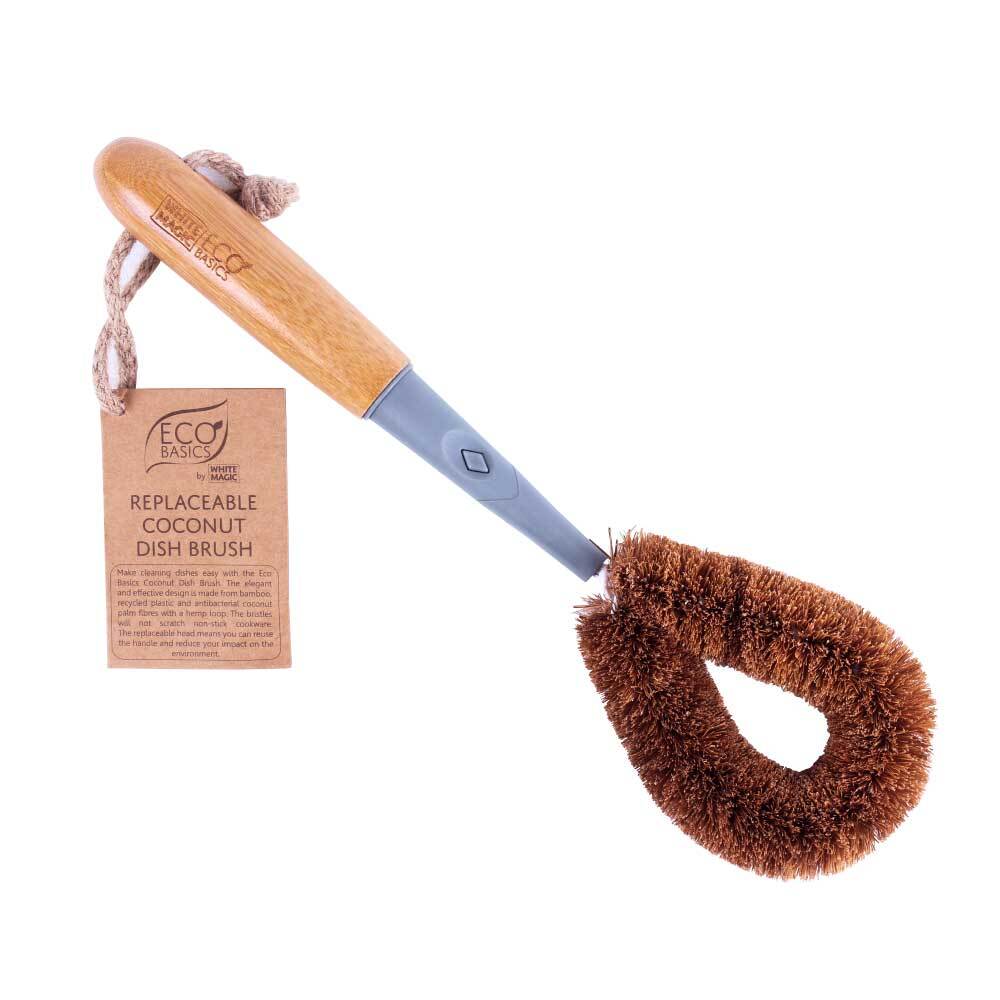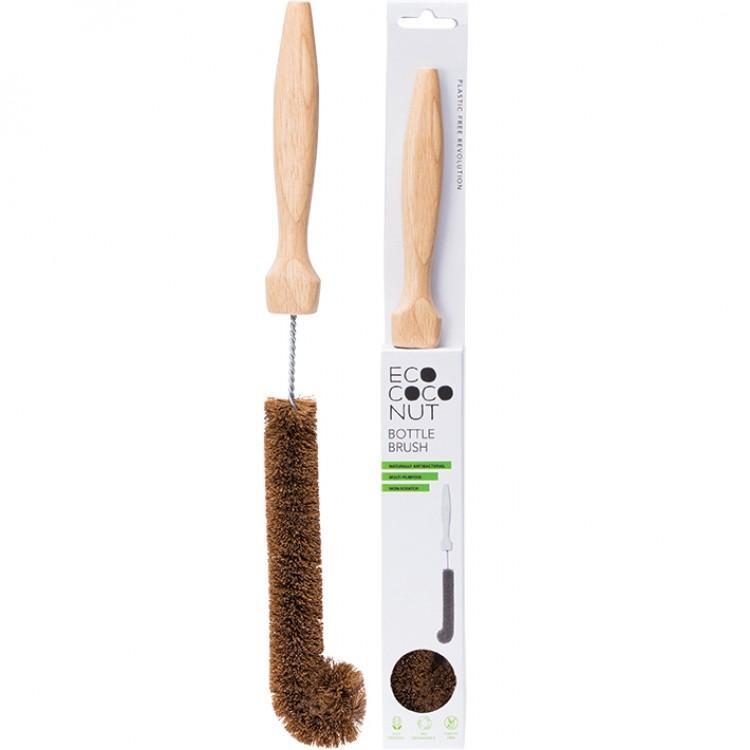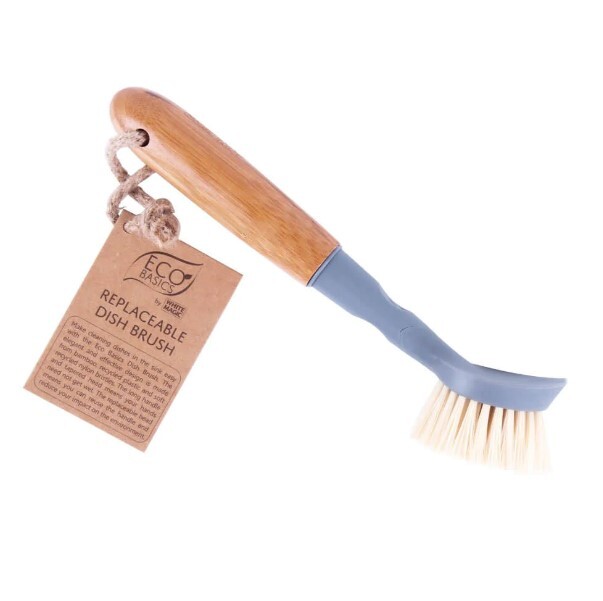There is no time like the present to rethink our recycling habits and find simple ways to boost our efforts. Recycling is one of the most effective ways to conserve resources, reduce waste, and protect our planet, but many of us still feel we could do more. So here are seven straightforward ways to make recycling a bigger part of your daily routine. Each tip is designed to be practical, easy to remember, and impactful. With National Recycling Week upon us, we thought it was a great time to dive into these small changes that can make a world of difference!
1. Get Clear on What’s Recyclable and What’s Not
Many people are confused about which items are recyclable, leading to “wish-cycling”- the act of tossing things into the recycling bin with the hope that they can be recycled. This often causes more harm than good. Research local guidelines for recycling, which you can often find on your city or county website. For Victoria, a great place to start is with Sustainability Victoria. Print a list of recyclable items and tape it near your recycling bin. This simple reference can help you sort items accurately and prevent contamination, a major issue in the recycling industry.
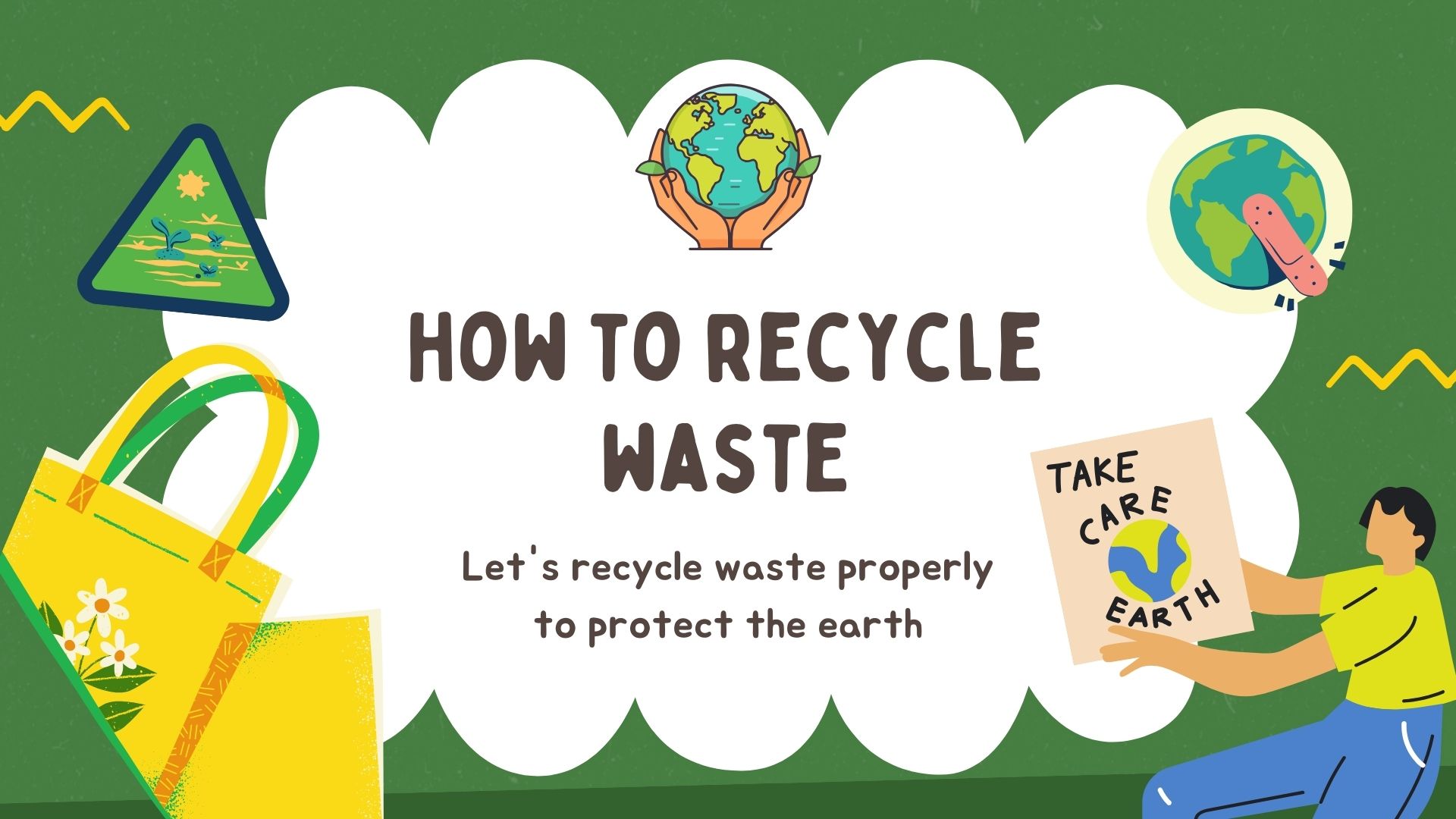
2. Choose Products with Recycled Packaging
Making a conscious decision to buy items with recycled or recyclable packaging is another simple way to support the recycling industry. Look for products with packaging made from post-consumer materials or those marked with symbols indicating recyclable content. This encourages manufacturers to produce more eco-friendly packaging and helps close the recycling loop. When shopping, select brands that prioritize sustainability to help create a demand for green packaging solutions.
3. Set Up a Recycling Station at Home
Sometimes, simply having a convenient recycling setup can make all the difference. Designate a spot in your home with labelled bins for different materials—paper, plastic, glass, and metals. Place this station in a high-traffic area, like the kitchen, where most recyclables tend to pile up. If you have children, make recycling a family effort by showing them what items go into which bins. Setting up a recycling hub makes it easier to stay organised and committed.
4. Embrace the “One in, One Out” Rule for Plastic
The overwhelming amount of plastic waste can be daunting, but adopting the “One in, One Out” rule can help reduce it. This means that for every new plastic item you bring into your home, commit to recycling an old one or even replacing it with a non-plastic or minimised-plastic alternative. For example, why not use bamboo dish brushes instead of 100% plastic-based ones? This habit helps maintain a manageable amount of plastic and encourages mindful purchasing. Additionally, it’s important to understand that only certain types of plastics are recyclable. Research indicates that consumer education on plastic recycling significantly boosts recycling behaviour.
5. Swap Disposable for Reusable
One of the simplest ways to reduce your need to recycle is by generating less waste in the first place. Swapping disposable items for reusable options—like water bottles, grocery bags, and food containers—reduces waste and often saves money over time. Many of these items can also be recycled when they’re no longer usable, adding even more value. As you start adopting reusable items, you’ll find yourself needing to recycle less and reaping the benefits of a cleaner environment.
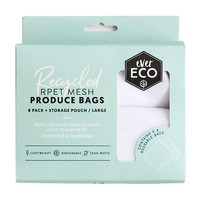
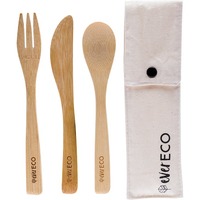
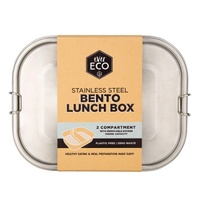
6. Compost Organic Waste
Did you know that nearly 30% of what we throw away could be composted? Instead of discarding organic waste like food scraps, start a compost bin. Composting not only reduces waste but also transforms organic material into nutrient-rich soil for gardening. Even if you’re new to composting, it’s fairly easy to set up a bin or pile outdoors. Many cities now offer community composting programs as well, allowing you to drop off your compost at a local collection site. By diverting organic waste from landfills, you reduce greenhouse gases and contribute to soil health.
7. Encourage Recycling at Work and in the Community
If you’re passionate about recycling, take the next step and encourage your workplace, school, or community organization to adopt better recycling practices. Offer to set up recycling bins, provide informational posters, or give a short presentation on the benefits of recycling. Many workplaces are eager to embrace green initiatives, but it often takes an individual to champion the cause. By advocating for recycling beyond your home, you amplify your impact and contribute to a culture of sustainability.
Final Thoughts
Recycling is more than a simple act of throwing things into a yellow bin—it’s a powerful way to protect our environment and conserve resources. By incorporating these seven tips into your routine, you can make recycling a seamless part of your life. Every small action contributes to a larger goal, so let’s take this National Recycling Week to commit to greener habits and inspire others to do the same.
References:
- Echegaray, F., & Hansstein, F. V. (2017). Assessing the intention-behavior gap in electronic waste recycling: The case of Brazil. Journal of Cleaner Production, 142, 180-190.
- Villanueva, A., & Eder, P. (2014). End-of-waste criteria for waste plastic for conversion. Environmental Science & Policy, 44, 27-37.
- Kinnaman, T. C. (2020). Examining the impact of recycling education on participation rates. Waste Management Research, 38(10), 1-6.
By following these steps, recycling can become an effortless part of our lives and, together, we can make a meaningful difference for our planet.
For more tips on natural health and wellness, follow us on Facebook or Instagram, join our growing community, or shop directly here.
Let’s embark on a journey towards better health together!
This article was whipped up with a little help from our AI sidekick, making it faster and more fun to bring you all the tasty, nutritious goodness!


